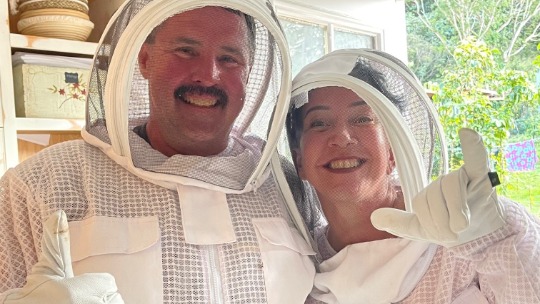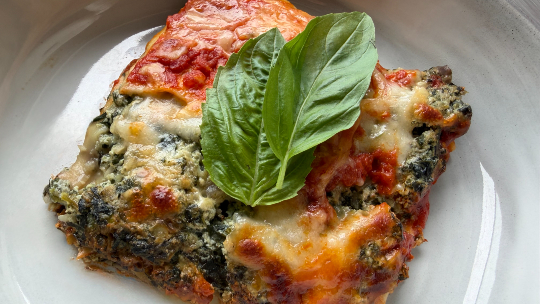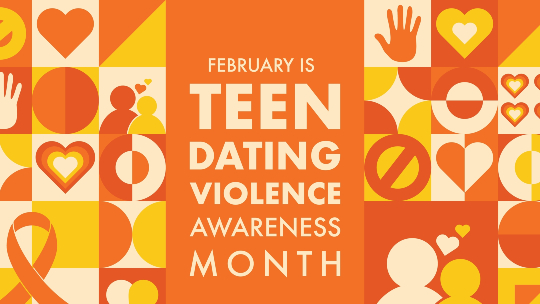Whether gardening is a relaxing hobby or a practical way to grow your own food, studies show that the health benefits are plentiful. According to the Natural Resources Conservation Service, gardening can be a form of low-impact exercise, which helps to build strength and endurance. Plus, spending time outdoors can lower stress levels and improve your mood.
For Jodi Keliinoi Smith and her husband, it’s been an unexpected adventure. We caught up with Smith as it’s been five years since her first foray into the gardening world.
Since then, the project has branched out and has taken on a life of its own — actually, many little lives.
And there’s been a lot of learning along the way.
“I was very reluctant to even do this project,” says the HMSA national account consultant. “COVID-19 had just started, I was making a lot of adjustments to working from home, and I didn’t really want another responsibility.
“What I found was that there’s a lot of joy in caring for something that only responds in a certain way. So you see a plant kind of wilting, and then you add water, and it sprouts up.”
Lessons learned
That realization encouraged Smith to learn more; she believes the same will happen to anyone starting a garden.
“I used to call myself a ‘black thumb.’ I didn’t seem to be able to care for anything.”
She found information online about nutrient and watering systems “because there were so many plants to care for and they all needed different things.”
But everything clicked for her when she dug her hands into dirt and started working.
“I think what I didn’t appreciate,” Smith says, “or wasn’t expecting, is the relationship that you build with nature and the feeling of putting your hands in dirt. It’s indescribable. It's not something you can read about and understand.”

"There's a lot of joy in caring for something that only responds in a certain way."
There was a lot of trial-and-error along the way.
“I grew carrots and they came out like pencils,” she says. “They look so cute with the green stuff on the top, and then I’d pull them out, and they're just skinny.
“We had to look into different fruits and vegetables that were ideal for our climate. And then once we put in an automated watering system, that made all the difference.”
Abuzz for a new project
A thriving garden led to another project and the need for more learning.
“We noticed that bees really, really like the flowers and tomatoes we had,” Smith says. “We brought in some false heather plants, and there was an abundance of bees. We thought, ‘Well, our garden is already set up to support their ecosystem, so why not try and see what we can do with a beehive?’”

Tom Smith and Jodi Keliinoi Smith
The answer? They built a beehive about 25 feet behind the garden, which led to a whole new adventure.
“We went to a bee farm to take a tour and connected with other local beekeepers. And it’s amazing. The whole world just opened up. Learning about bees and their society is just mind blowing.”
Smith says the bees help pollinate garden, particularly the lilikoi plants. "The garden setup is self-sustaining. We check the beehive on the weekend or once a month to make sure it’s doing okay."
Building community
Smith says a key to starting a garden and making it thrive is the “human factor.”
“If you’re interested in either gardening or beekeeping, visit your local farmers market and talk to the vendors and ask them questions; they’re so helpful and so friendly. It’s a way to support our local community, but its also a way for us to network in the specific areas that are interesting to us.”
Gardening clubs and beekeeping societies are also available where you can find people willing to help and teach you what you need to know.
“You can find everything that you want to know online,” she says, “but when you have people you can actually pick their brain and glean their experience and expertise, and then they refer you to somebody else. It’s been huge.”
Smith says if you’re thinking about starting a garden, no matter what size, “Why don’t you just give it a whirl? Just be open to what the possibilities are.”
Get gardening
Maria Emerick dreamed of having her own garden since she was a child. The Honolulu registered dietitian now has a thriving backyard garden and offers tips in gardening: reaping the benefits to make yours healthy and bountiful, in the spring 2025 issue of Island Scene.
Learn more
Inspired to cultivate a garden of your own? Check out these articles to get you started:




